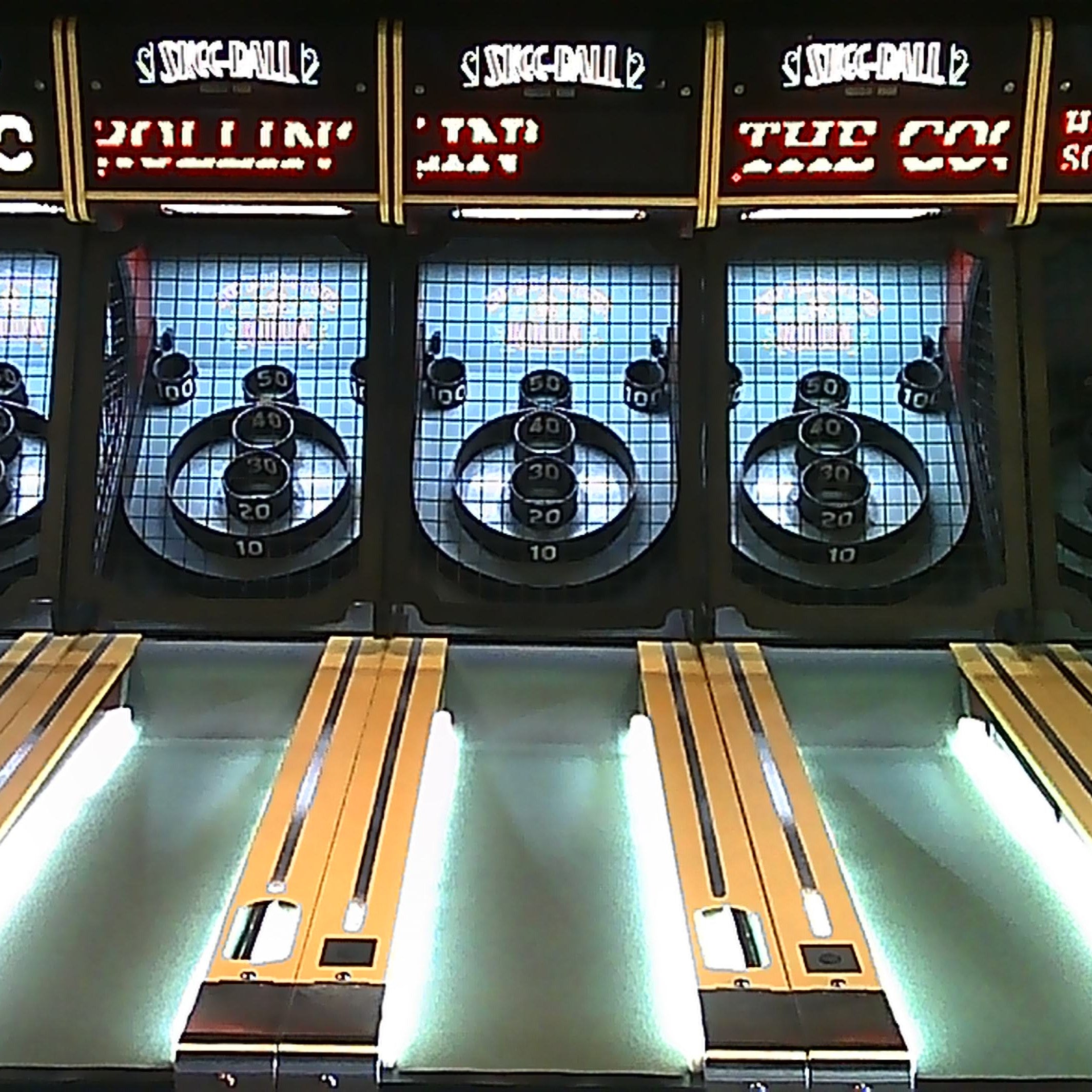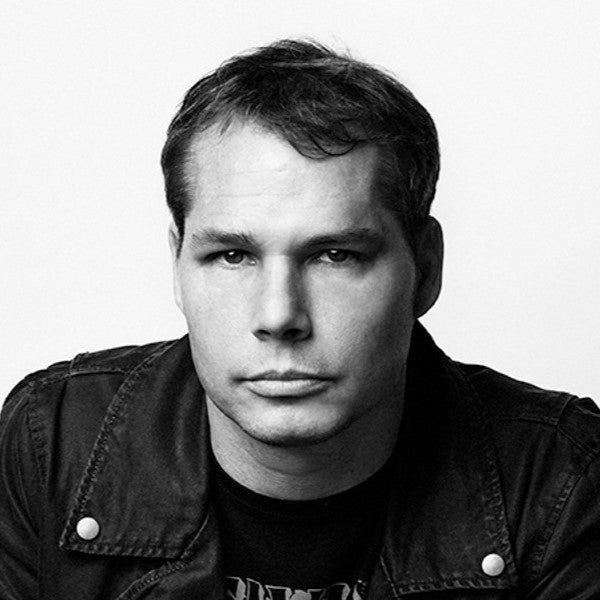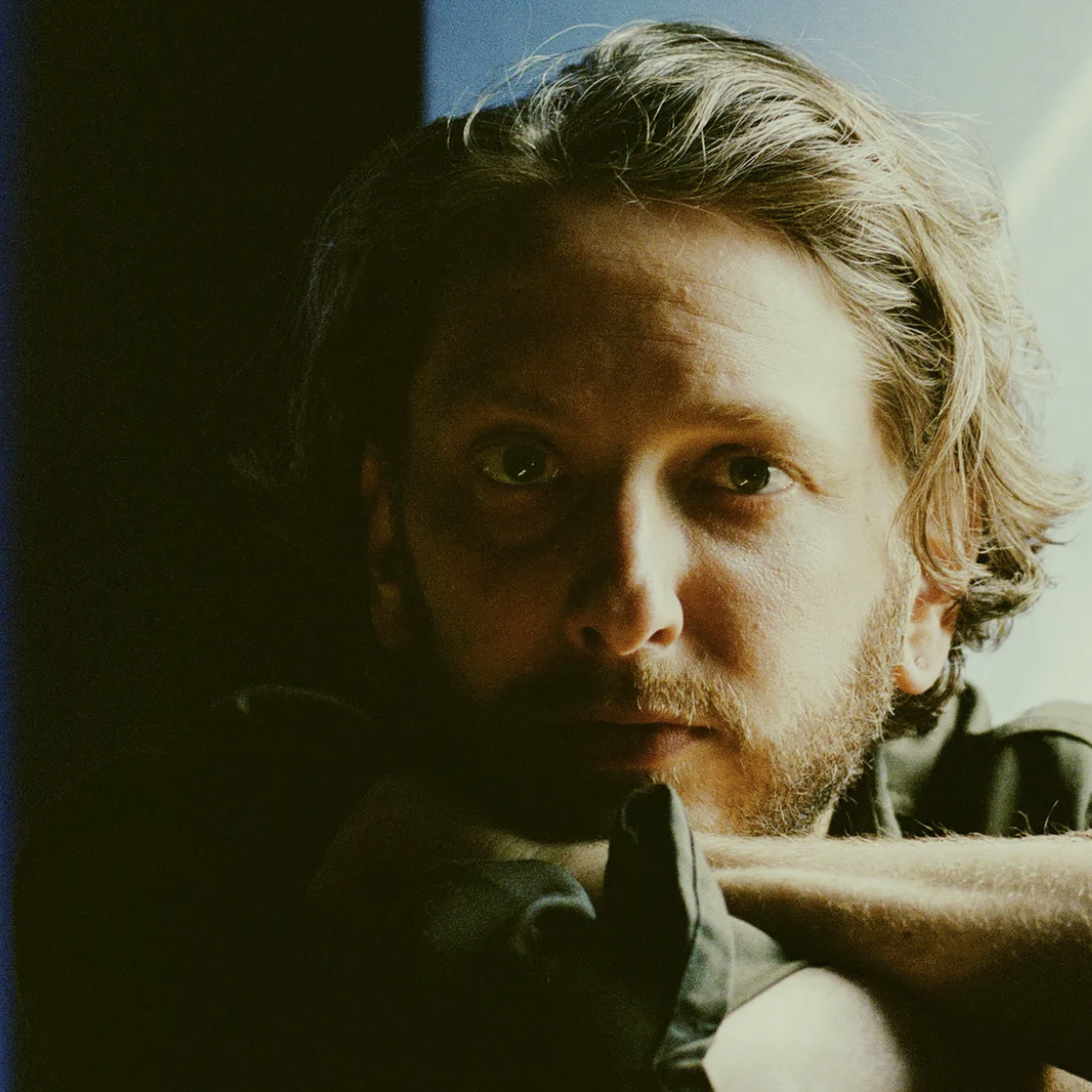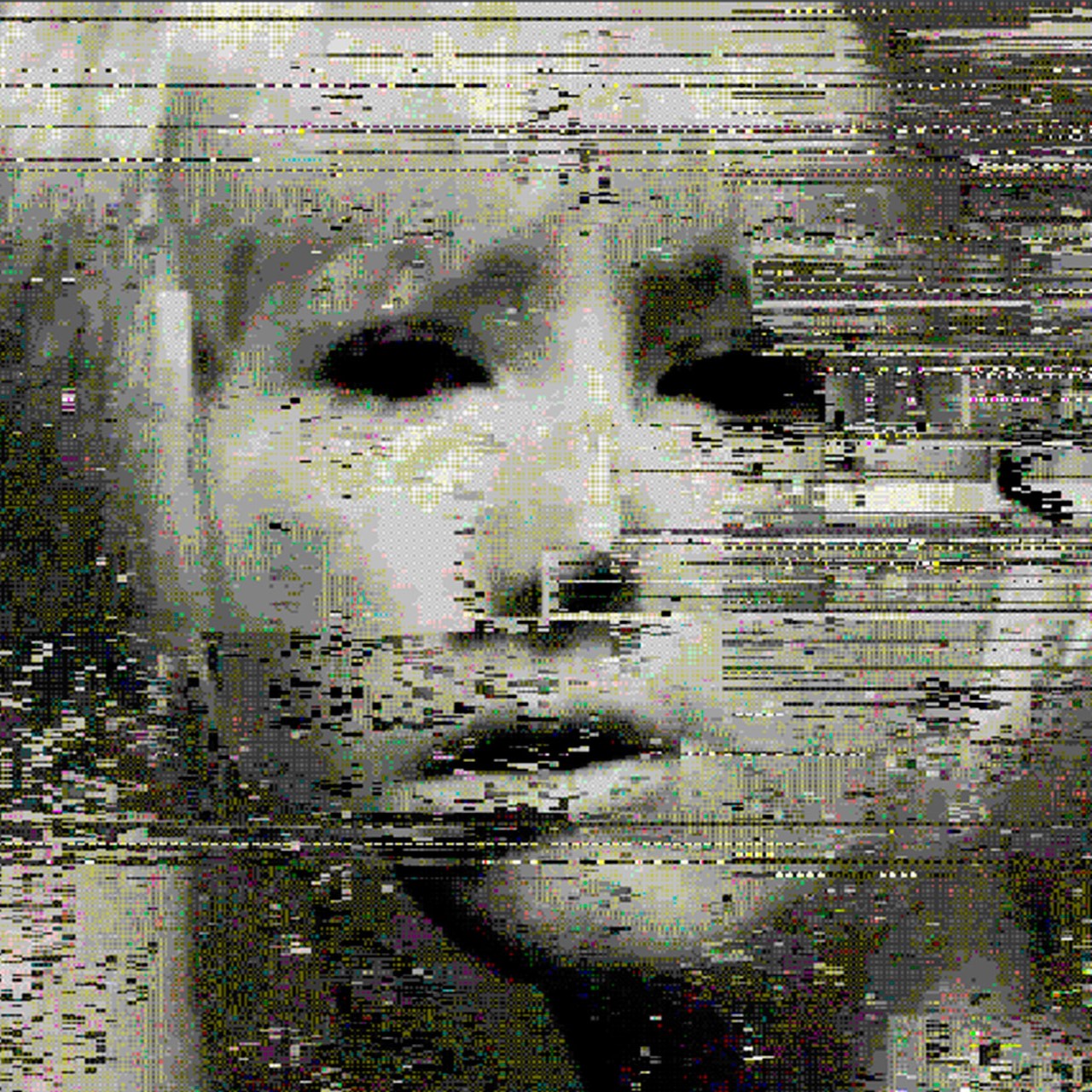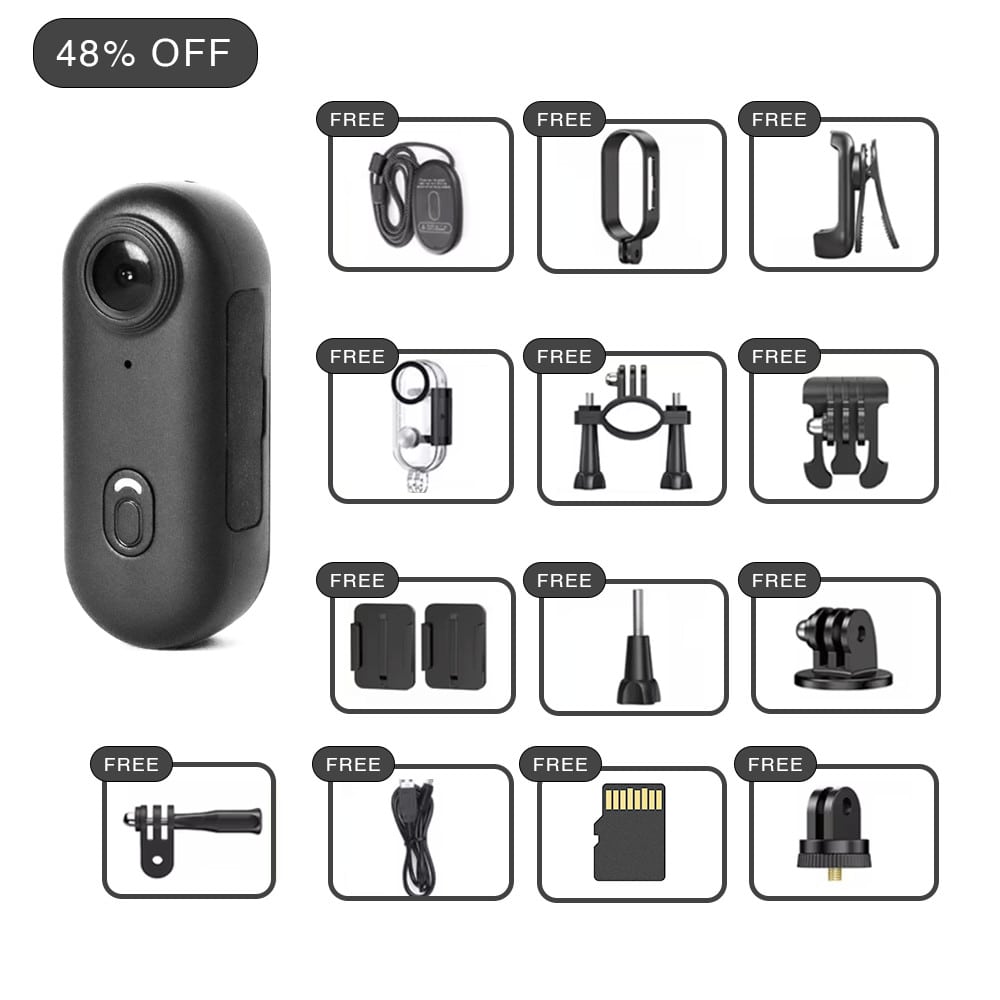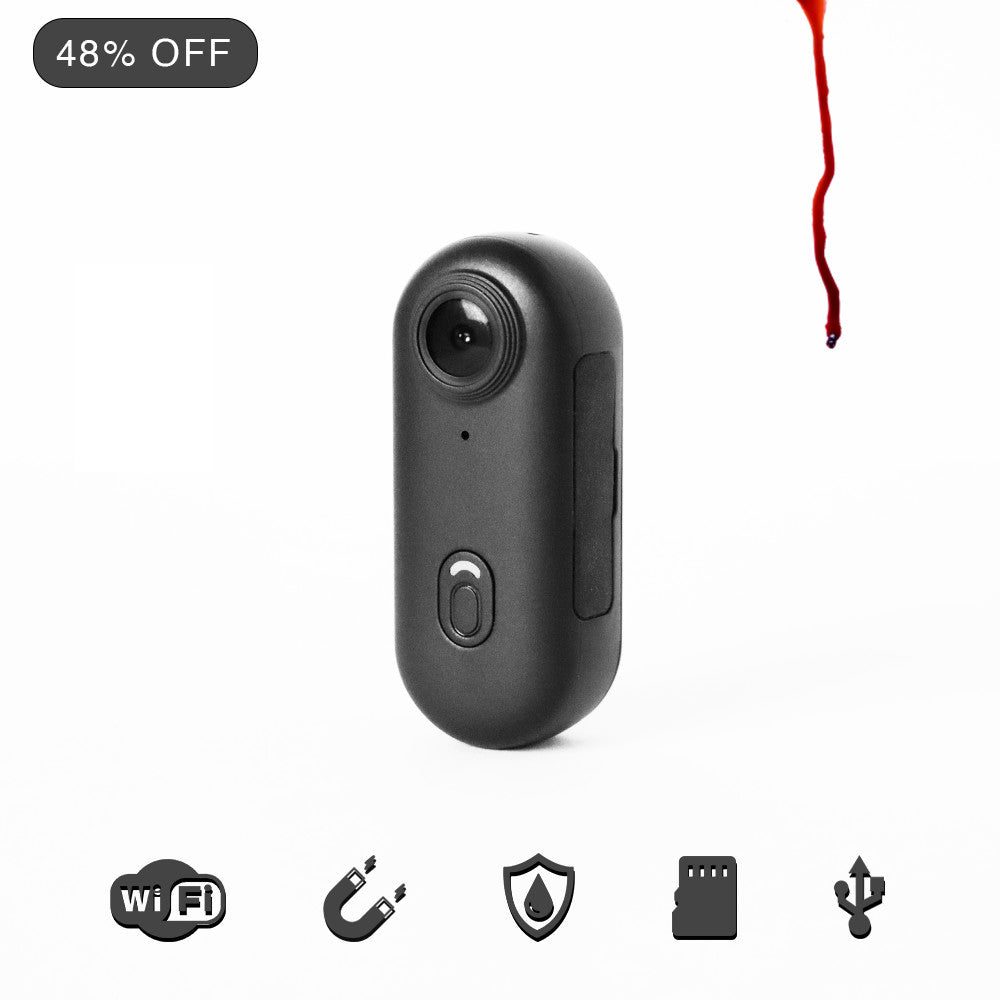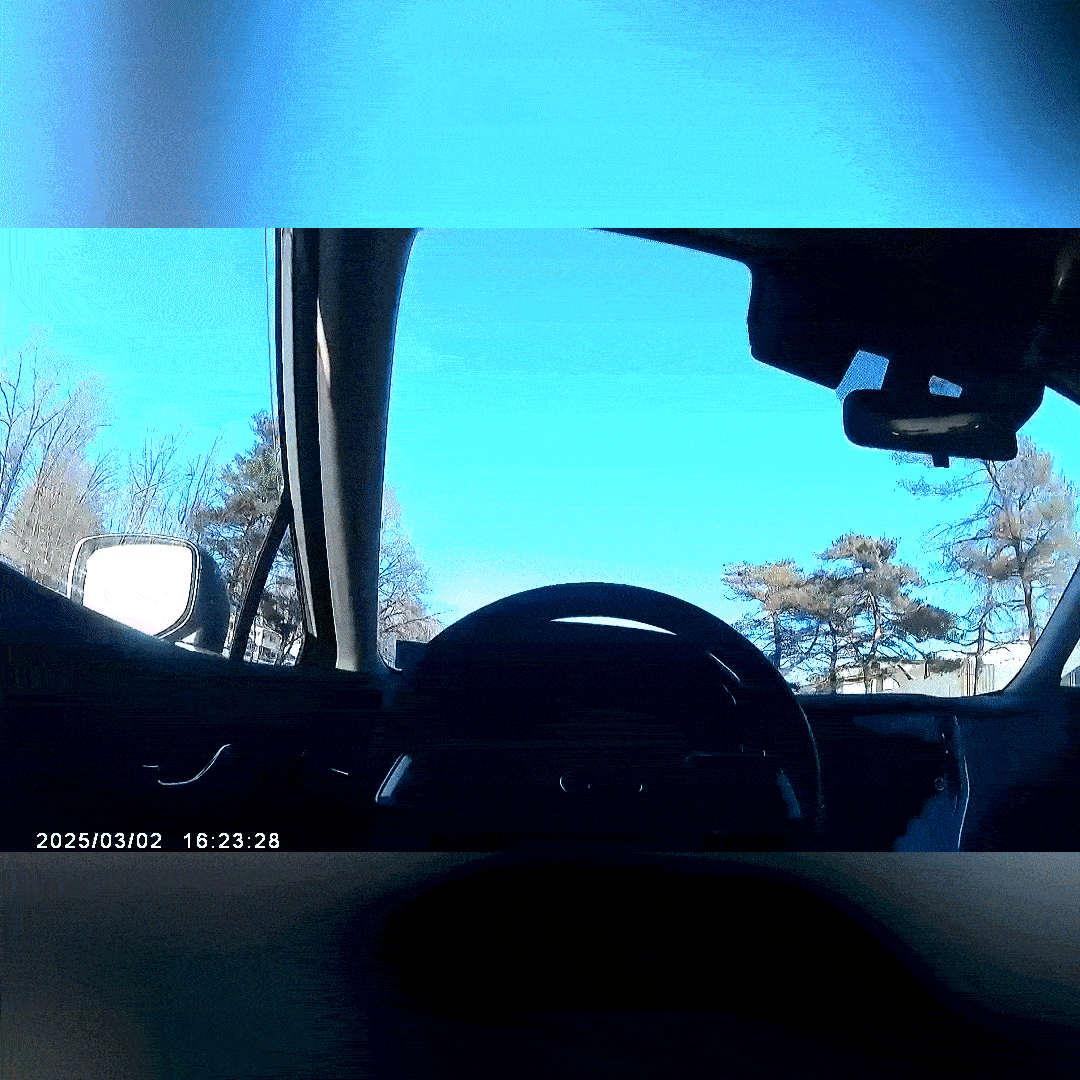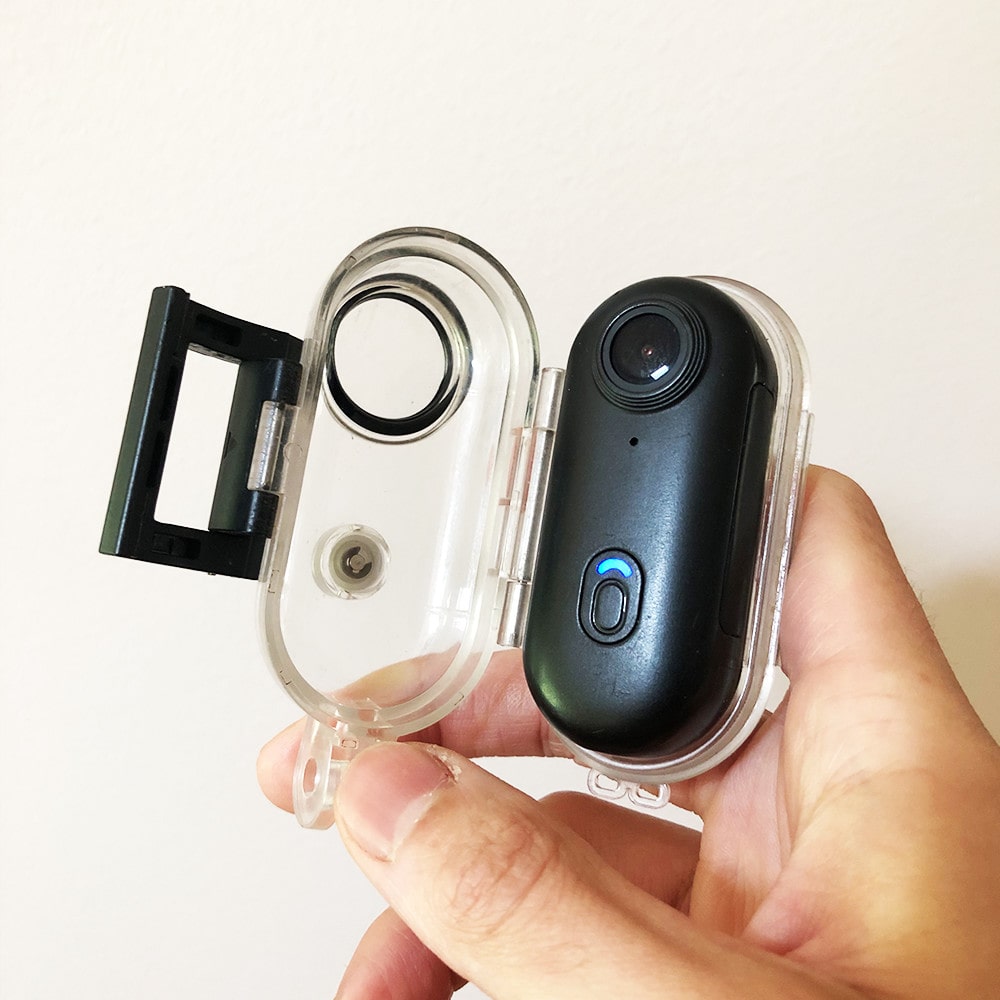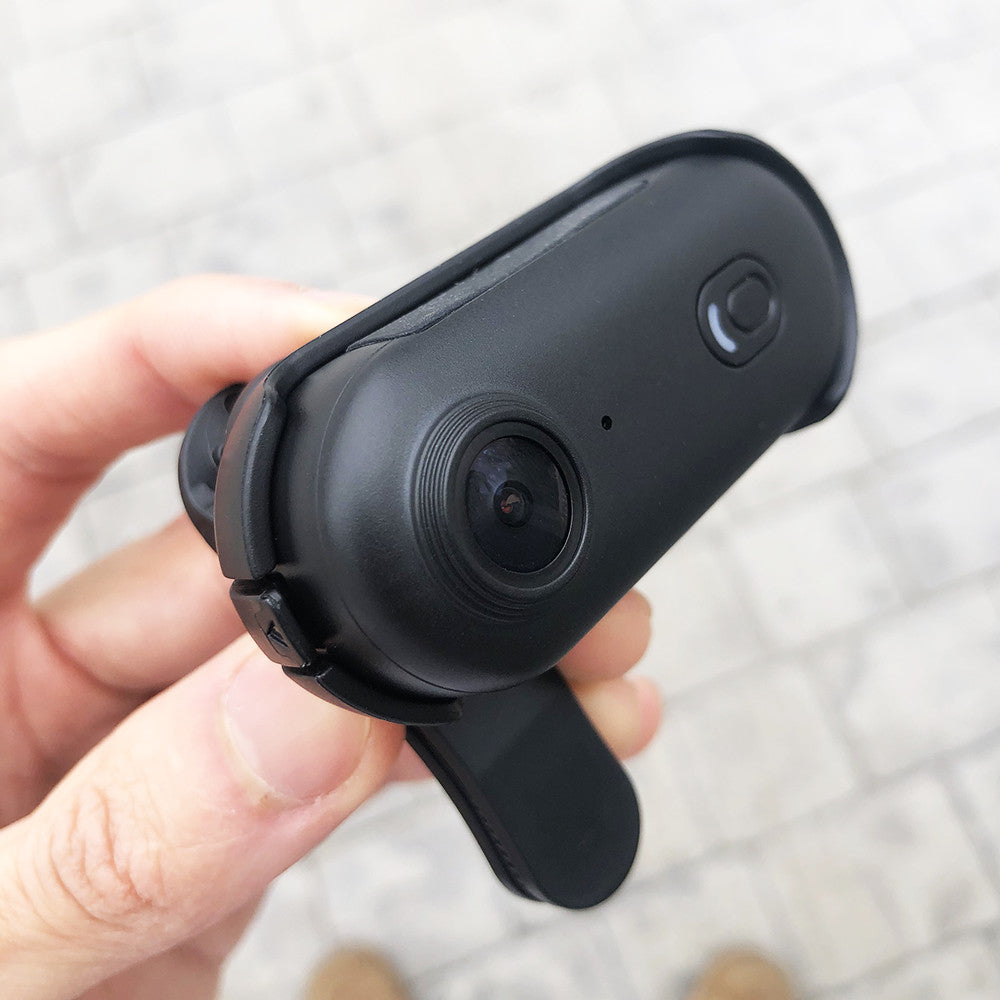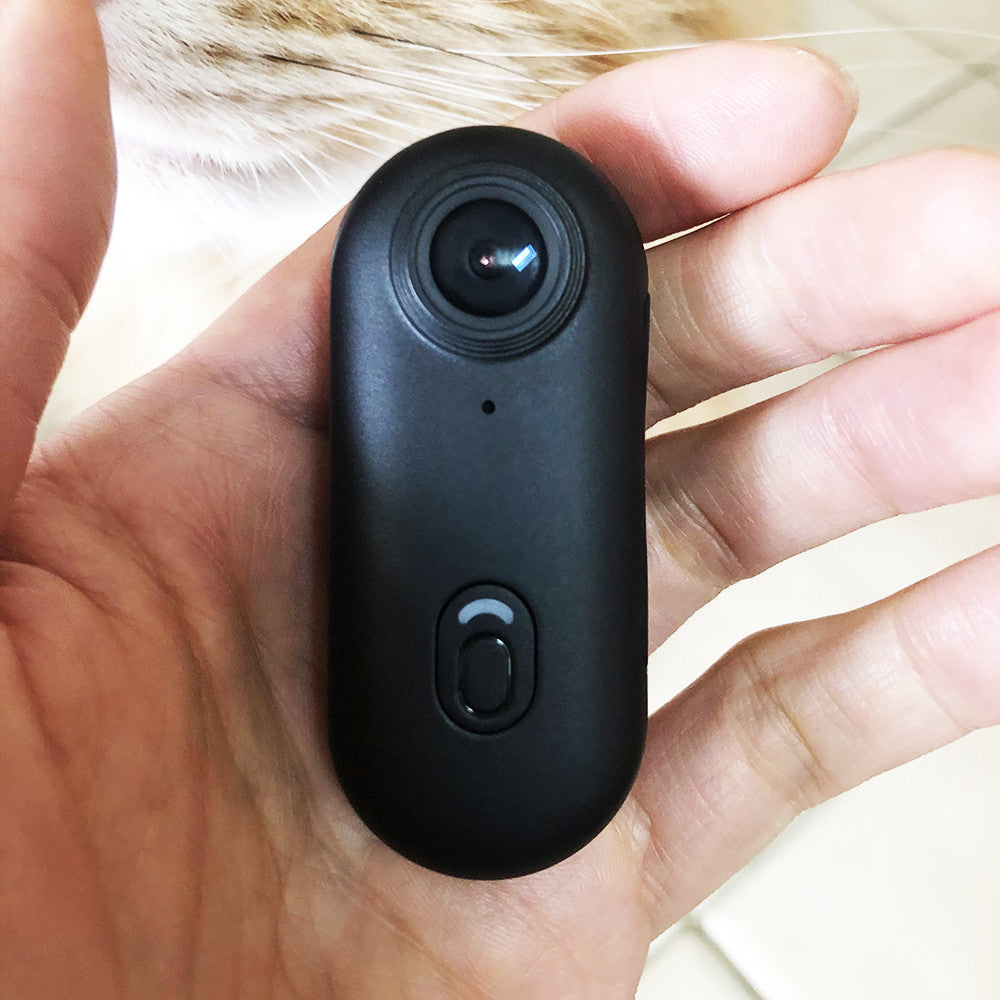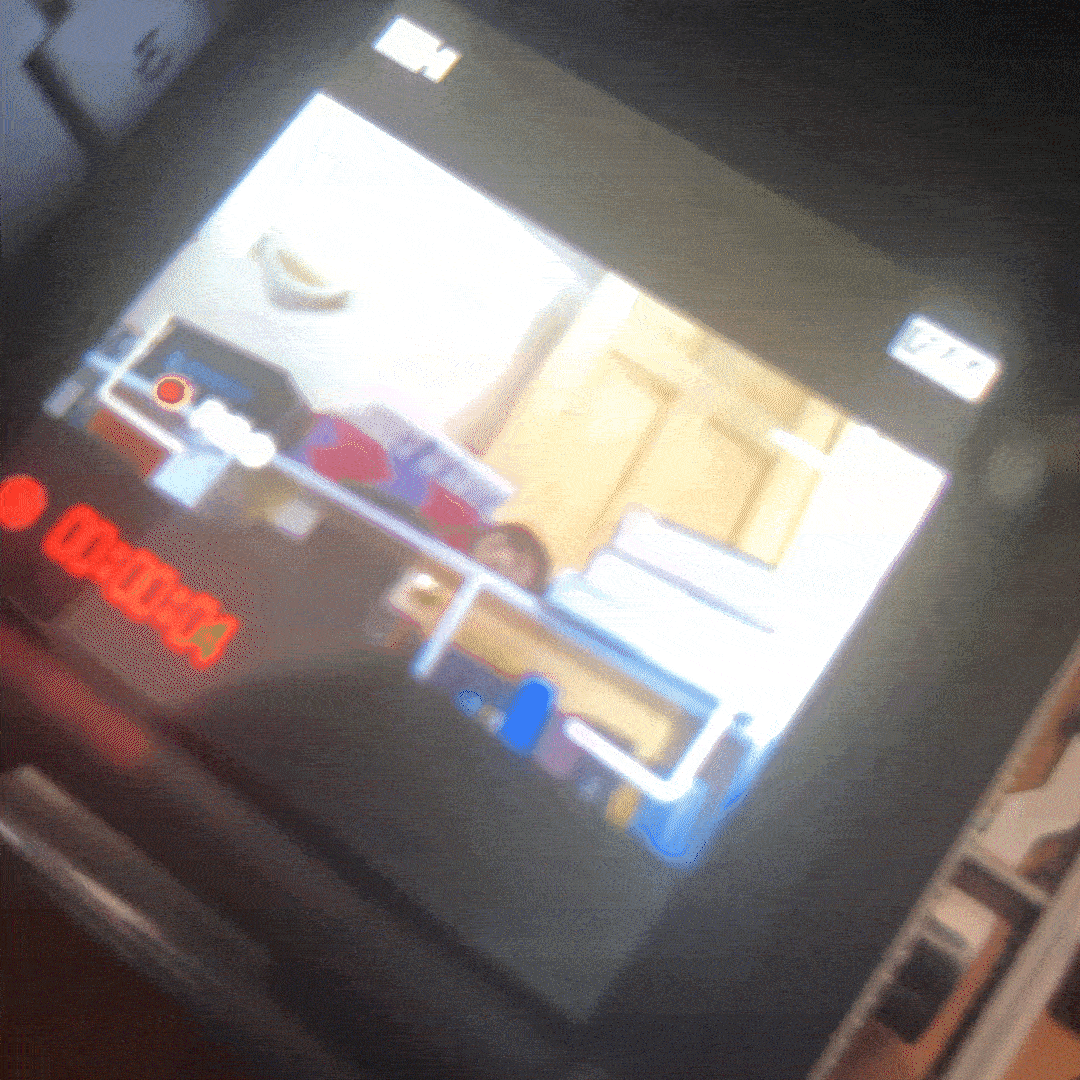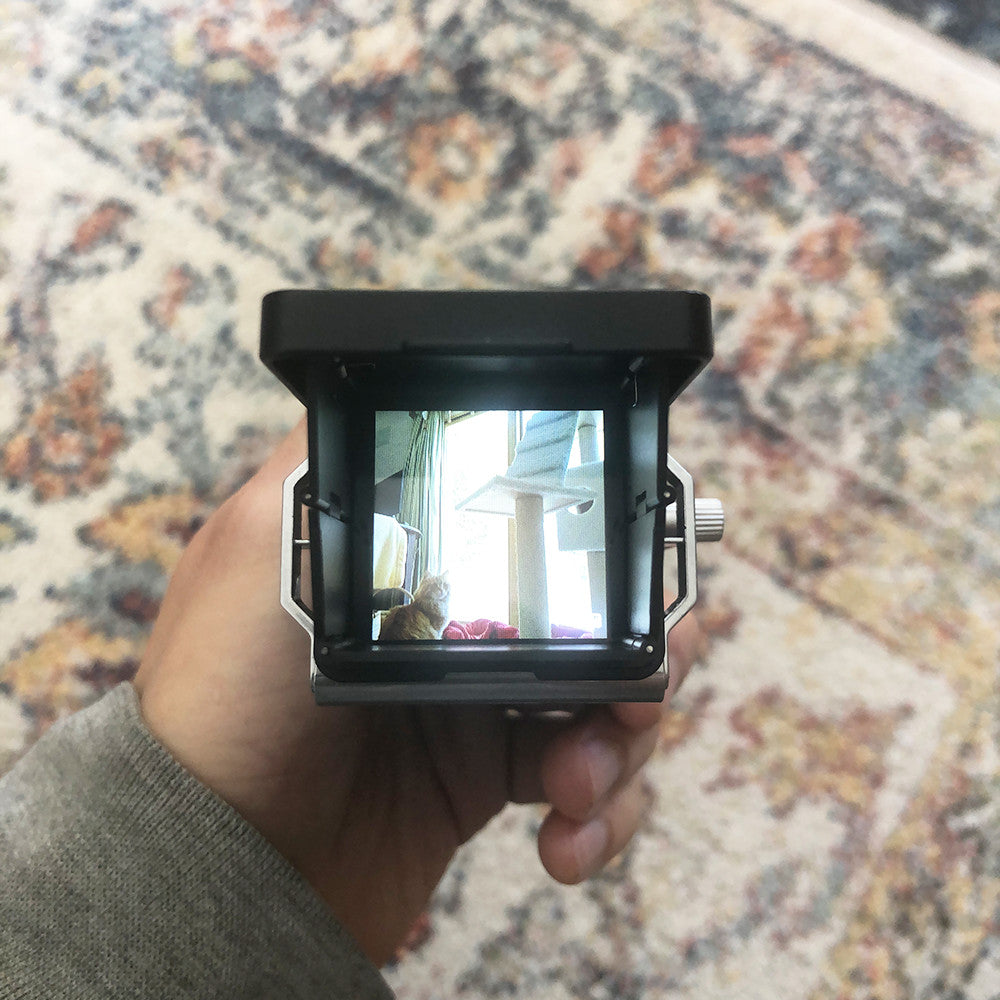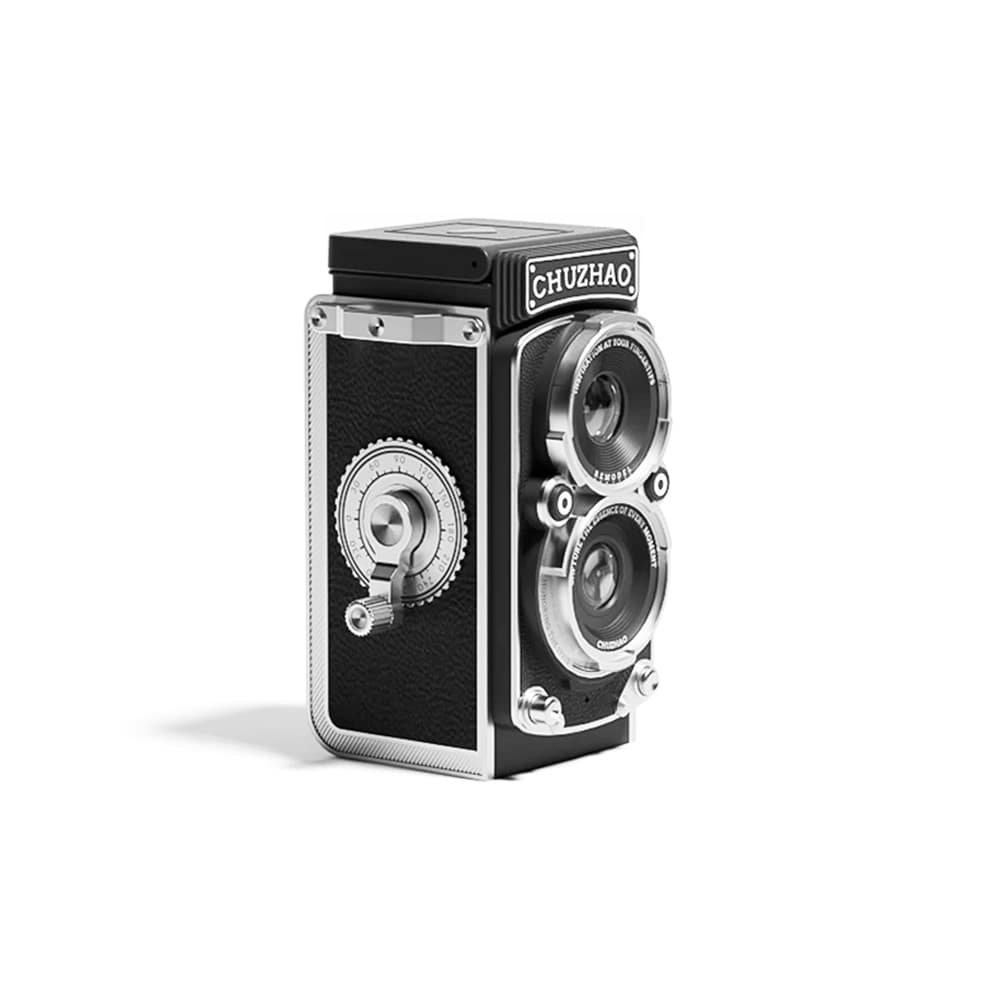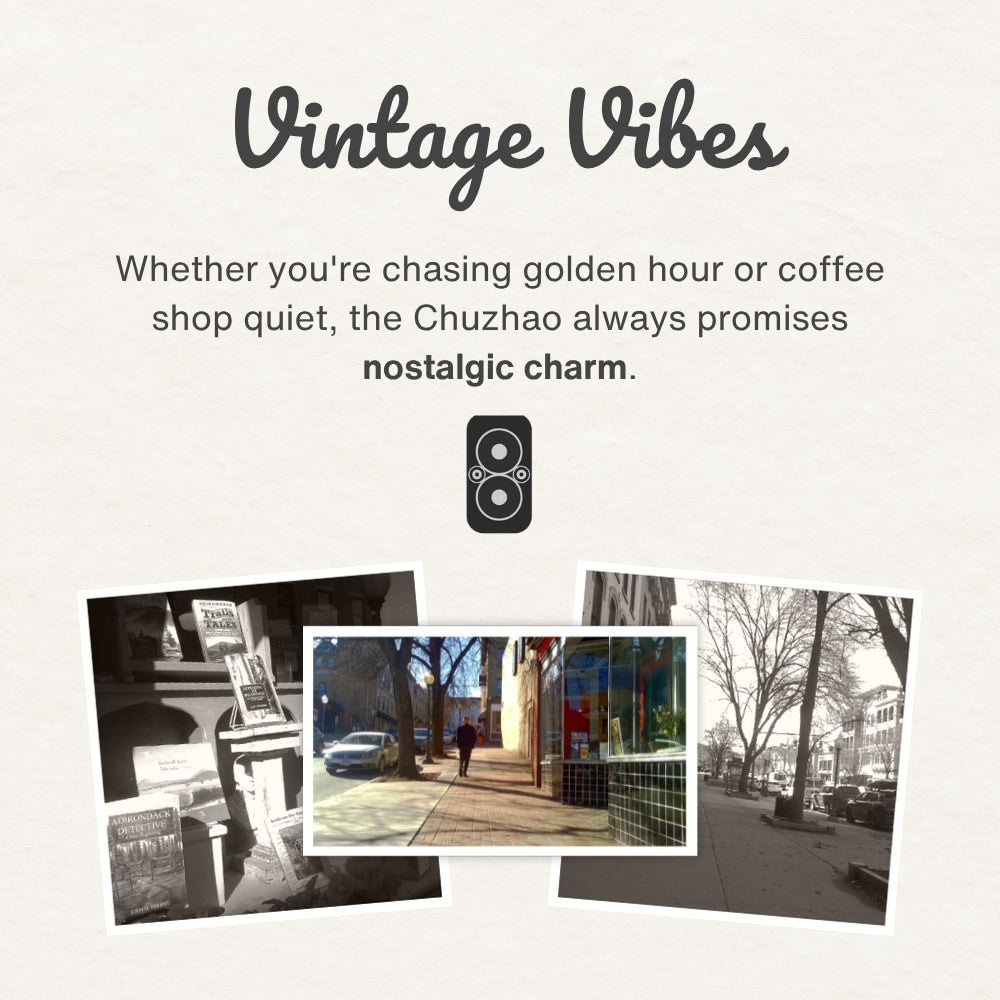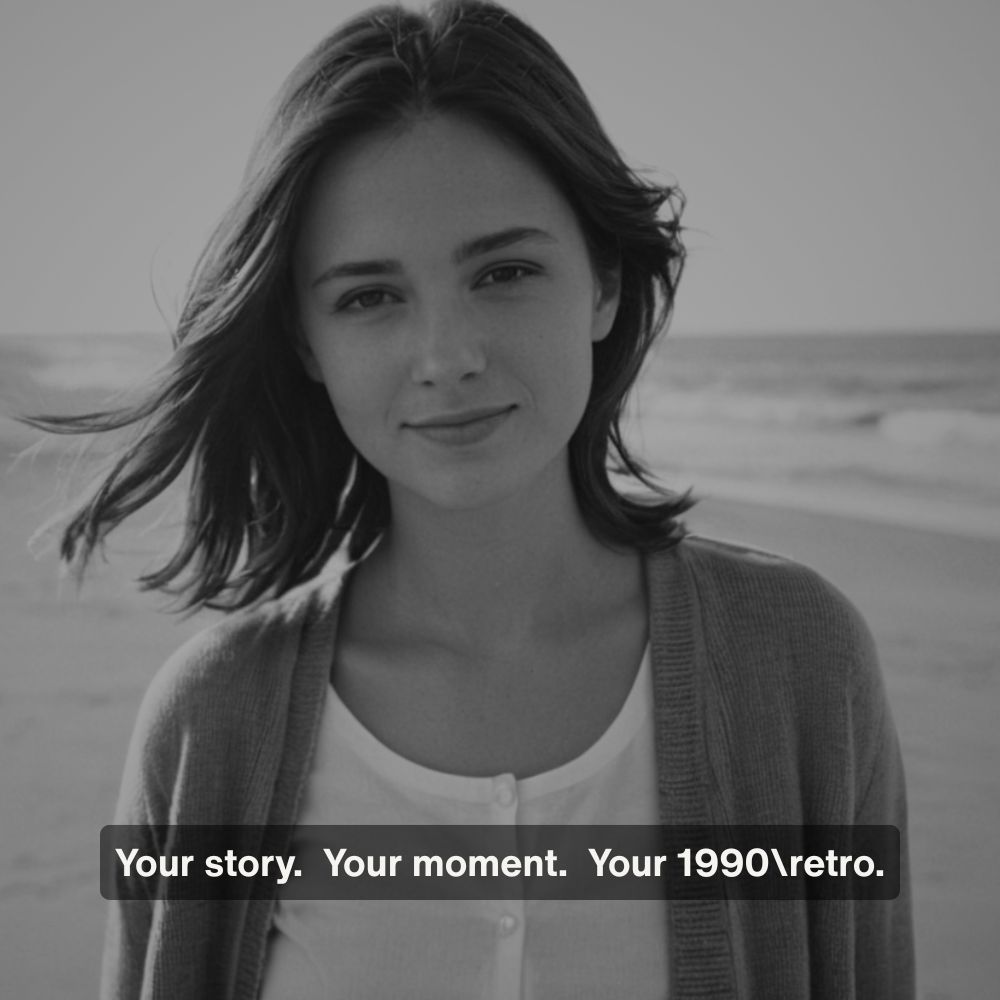The first time I stepped into an arcade after my father passed, I felt an overwhelming sense of emptiness. The flashing lights, the chaotic sounds—it was all too familiar, yet hollow without him. I picked up my camera, and for the first time since losing him, I felt like I could breathe. Every photograph became a way to hold onto him, to capture moments that slipped away too soon. In the glow of the arcade, I found a piece of him—and myself.
In this intimate interview, we explore how one young woman turned her grief into art, using the vibrant chaos of arcades to frame her journey through loss and healing.
Introduction
In the midst of flashing neon lights and the nostalgic hum of arcade machines, Kara found a way to cope with an unimaginable loss. After the passing of her father, she turned to photography—not just as an outlet, but as a lifeline. In this deeply personal interview, she shares how capturing the vibrant yet haunting world of arcades helped her navigate the overwhelming grief, transforming her pain into a powerful expression of love, memory, and healing.
Background & Personal Connection
1990: Can you tell me about your relationship with your father and how his loss has impacted you?
Dad was everything to me. He was the kind of person who made everyone feel seen, and he had this gentle way of guiding me through life. Losing him was like losing my anchor, my sense of direction. It’s something I still struggle to understand—how someone so vital can just… be gone. It feels like a part of me disappeared with him.
1990: How did you first get into photography, and what role did your father play in that journey, if any?
My dad was the one who bought me my first camera when I was twelve. It was this old, noisy autofocus Nikon he found at a garage sale. He taught me how to see the world through a lens.. how to pay attention to the small things. I think photography was his way of showing me how to be present, even when life feels like shit. It’s like, even though he’s gone, I still carry that part of him with me through my photos.

1990: How did you choose arcade gaming facilities as the subject of your photography? What do they symbolize for you?
They remind me of simpler times when my dad would take me on random adventures. We’d spend hours in these places. HOURS. And it felt like time didn’t exist. Like we could forget everything else, just for a little while. Now, those spaces feel frozen in time- like echoes of the past. Shooting them helps me hold onto that connection, like I’m trying to capture memories I never want to lose.
1990: Did you and your father have any shared experiences related to arcades or gaming? If so, how do those memories influence your work?
My dad and I used to go to the arcade together on weekends. He wasn’t a gamer, but he’d stand beside me as I played. I remember the way his face would light up when I won tickets. He was always proud of the tiniest shit.. the smallest achievements. Those memories are what I chase when I take photos of arcades now. I’m not just taking pictures of a place; I’m searching for a piece of him, for the joy we shared. These days, it never takes me long to find it.


1990: How has your photography helped you process the grief of losing your father?
I'd say it’s given me a way to express emotions I can’t put into words. There’s something about it....capturing the light, the colors...it feels like I’m communicating with my dad in a language only we understand. When I use a camera- any camera- I feel like I’m honoring him, keeping a part of him alive.
Coping
1990: How does photographing arcade gaming facilities provide emotional or mental relief for you?
It’s like entering a different world, a place where I can lose myself in the sensory overload. All those flashing lights and sounds. It distracts me from the heaviness of grief. When I’m focused on getting the perfect shot, it's so easy to forget. I can just… be.
1990: Do you find the process of taking photos in these environments more therapeutic or reflective?
It’s a bit of both. It’s therapeutic because it pulls me out of my mind, away from the constant loop of what-ifs and regrets. But it’s also deeply reflective. I’ll look at a photo later and realize it captured more than just a scene. It captured how I felt in that moment.


1990: In what ways has your photography evolved since your father’s passing?
Before, my photography was just a hobby. It was fun, something I did for myself. But after my dad passed, it became something else. I can't describe it. My photos started carrying more weight and meaning. I wasn’t just taking pictures anymore. I was telling a story about, idk, grief? About love, about trying to make sense of something that doesn’t make sense.
1990: Are there specific emotions you are trying to capture or express when you photograph these arcade spaces?
There's that famous line from the Perks of Being a Wallflower author- Nobody felt sad as long as we could postpone tomorrow with more nostalgia. It's always been about that. But also this deep, aching loneliness. It’s like, the arcades are full of life: kids playing, lights flashing, the jamming and thrashing of buttons—but when I look past all that, I can see the emptiness. I’m trying to capture that contrast, the way grief makes everything feel hollow, even in the most vibrant places. I want to give people perspective.
1990: How do you feel when you're inside an arcade, camera in hand? Does it bring a sense of comfort, nostalgia, or something else?
It's comforting because it reminds me of my dad and those carefree moments we shared. But also sadness because he’s not there with me anymore. It’s like walking through a memory—beautiful, but bittersweet.

Thematic Exploration & Artistic Vision
1990: What is it about the ambiance of arcades—lights, sounds, colors—that resonates with you emotionally?
There is literally nothing like it. There’s something about the sensory overload of arcades that mirrors the chaos inside my mind. The lights are bright, the sounds are loud—it’s overwhelming, but also hypnotic. It distracts you from your thoughts, your pain, for just a little while. At the same time, it feels like there’s something melancholic hiding beneath all that noise, and I try my absolute best to capture that in my photos. There's a hidden beauty there.
1990: How do you choose which arcades to photograph? Do certain locations have personal significance to you?
I tend to gravitate towards older arcades, the ones that feel like they’ve been stuck in time. There’s a certain charm in places that haven’t changed, like they’re holding onto something from the past, just like I am. I don’t know if it’s the places themselves or the memories they stir up, but those are the ones that call to me. Without venturing too far off course into political BS, I hope that cities can make an effort to preserve them or make them historical landmarks or something. They're cherished by a lot of folks.
1990: Is there a recurring theme or message you aim to convey through your photos of arcades?
Loss. How we cope with it, and how we carry it with us. But also preserving memories. Arcades for me are places where memories live, and where the past and present collide. I want my photos to show that tension between joy and sorrow and life and death.

1990: How do you think the vibrant, often chaotic nature of arcades contrasts with the feelings of loss and grief you’re processing?
That’s exactly what draws me to them. Arcades are so full of life, so colorful and chaotic, but when you’re grieving, it all feels muted, distant. The world keeps moving, keeps flashing around you, but you feel stuck in place. I think my photos try to capture that. How everything looks the same, but feels so different when you’re grieving. It hurts knowing that life doesn't stop when someone you care about leaves forever. But it's also a reminder: are you doing what you want to be doing right now? Because you could be gone tomorrow. You could be gone five minutes from now. And the arcade will still be open.
1990: Are there particular gaming machines, areas, or details you find yourself drawn to repeatedly in your photography?
I played a lot of House of the Dead back in the day. Those games always draw people in for some really good shots. And we can't talk about arcades without talking about Raiden Fighters lol. I won't say how many hours I've clocked in on them, but let's just say beating the bosses got really easy. From a 30,000 foot view, I’m definitely drawn to the older machines, the ones that look like they’ve been through years of use—like they hold stories of their own. There’s something comforting about the wear and tear, like it’s proof that these places have a history, that they’ve seen both joy and loss, just like me.
Technical Aspects
1990: Can you describe your creative process when photographing an arcade?
I usually walk through the arcade a few times before I start shooting, just taking everything in. Sometimes I'll just start playing pinball, or whatever's open if I'm there on a weekend. I like to observe how the light hits different machines, how the shadows fall. I’m looking for moments that feel quiet within the pandemonium. It's those in-between spaces where you can almost hear the silence beneath the noise. That’s where emotion lives for me.

1990: Do you prefer to photograph arcades when they are empty or full of people? Why?
I used to like photographing them when they’re empty- and sometimes I still do- but more recently I've been drawn to shooting when there's a good amount of people present. When there's no one there, it feels like I have the place to myself.. like I’m walking through a memory.
1990: How do you use lighting and shadows in arcade settings to reflect your emotional state or the themes of your work?
I love working with shadows. The bright lights create such stark contrasts, and I try to use that to show the duality of what places like arcades have the potential to represent.
1990: What challenges do you face when photographing in such a visually busy environment?
The biggest challenge is finding moments of stillness. Arcades are always stereotyped as being full of movement, noise, color. But I’m always looking for those smaller moments that feel like a breath of air. It’s not easy, but when I find them, it feels like I’ve captured something real.

Emotional Impact & Public Reception
1990: How do you feel when you look back at your photos of arcades? Do they provide a sense of closure or connection?
It’s complicated. On one hand, they bring me closer to my dad. But on the other hand, it’s a reminder that he’s gone, and that no matter how many photos I take, I can’t bring him back. There’s no closure, but there’s connection...an ongoing conversation with him that I’m just not ready to let go of.
1990: Have you shared your photography with others, and if so, what has the reaction been like?
I’ve shared my work with a few close friends and some classmates. The response has been surprisingly emotional. People have told me that even though they’ve never experienced my kind of loss, they can feel it in the photos. That’s been comforting—to know that others can connect with my feelings, even when it’s not their own.



1990: Do you believe your photography can help others who are dealing with loss or grief? In what way?
I hope so. Grief is such an isolating experience, but if someone can look at my photos and feel like they’re not alone in their sadness, then I think I’ve done something meaningful. So many artists say that, because it's, you know, the thing that they think people want to hear, but I also think there's an incredible amount of truth to it. Photography is my way of saying, “I see you over there, and I understand what you're experiencing.
1990: How has your photography of arcades shaped your identity as a person and an artist?
It’s made me more introspective, more in tune with my emotions. I think it’s also made me more empathetic. I see the world differently now. As an artist, it’s pushed me to dig deeper, and to create work that isn’t just beautiful, but meaningful.
1990: Do you ever worry that the act of photographing these spaces may keep you attached to the pain of loss, or do you see it as a healthy outlet?
Sometimes I wonder if I’m holding onto the past too tightly. But then I remind myself that healing isn’t linear. Photographing these spaces doesn’t trap me in my grief—it helps me move through it, one image at a time. It’s not about escaping pain, but learning to live with it.


Future Plans & Evolving Relationship with Grief
1990: How do you envision your photography evolving as you move further along in your healing process?
I think as I heal, my work will start to reflect more of the joy and love I associate with my dad, not just the loss. I’ll always be drawn to arcades, but maybe I’ll start focusing on other places that hold memories of him. My photography will evolve with me.

1990: Do you think you will continue photographing arcades indefinitely, or do you foresee yourself shifting to different subjects over time?
I’ll always have a connection to arcades, but I don’t think I’ll stay there forever. I can see myself branching out, finding new subjects that speak to different parts of my healing journey. But arcades will always be where I started, and they’ll always hold a special place in my heart.
1990: Have you considered creating a photo series or exhibit dedicated to the memory of your father through these arcade images?
I’ve thought about it, and I think it would be a beautiful way to honor him. It would be more than just a photo series—it would be a tribute to our relationship, to the moments we shared. I like the idea of creating something that not only helps me heal but also celebrates his life.
1990: In what other ways do you cope with the grief of losing your father, beyond photography?
Writing helps. I keep a journal where I keep track of my day, and I've found it very beneficial. Getting a good 20 minutes on the erg also helps clear my mind. With any passion, it's important to have ways of taking a step back, so you don't feel trapped and out-of-control.
1990: What advice would you give to others who are looking for creative ways to cope with grief or loss?
Find something that makes you feel connected to the person you’ve lost. Whether it’s photography, writing, boxing—whatever speaks to you. It doesn’t have to be perfect or even make sense to anyone else. Just let it be your outlet, your way of holding on.

Personal Reflections
1990: Do you believe that your photography has changed how you view arcades in general? How so?
Before, arcades were just fun, nostalgic places. But now, they’re layered with meaning. I see them as spaces of memory, where joy and sadness coexist. Every arcade I walk into feels like a reminder of the past, but also a place where I can create something new.
1990: Are there specific memories of your father that come to mind while you're photographing or editing your arcade photos?
All the time. I’ll see a certain machine or hear a specific sound and be transported back to a moment with him—his smile, the way he’d cheer me on, even if I wasn’t winning. Those memories sneak up on me when I least expect it, but they’re comforting too, like little gifts from him.
1990: How do you balance the need to cope with grief while pursuing your studies and adjusting to university life?
It’s hard, honestly. There are days when everything feels too heavy, and I don’t want to go to class or interact with anyone. But I remind myself that my dad would want me to keep going, to keep living. Photography helps give me an outlet to express what I’m feeling so I can refocus on my studies.

1990: Have your experiences with loss influenced your academic or personal goals in any way?
They’ve definitely made me more driven and more focused on doing something meaningful with life. Losing my dad showed me how fragile life is, and now I want to make every moment count. I’m pursuing photography more seriously now because it feels like a way to honor his memory and live fully.
1990: What role do you see photography playing in your life going forward? Will it always be a coping mechanism, or has it become something more?
Photography started as a way to cope, but now it’s become something much bigger. It’s not just a way to deal with grief—it’s a way for me to connect with the world, to tell stories that matter. I just feel so blessed to have found something I'm really passionate about. There are people out there who live their lives without goals... those are the people I feel terribly for. I think for me photography will always be tied to my healing, but it’s also my way of celebrating life and the people I’ve loved.
1990: Lastly, if you don't mind sharing, is there a particular photo you've shot that stands out among the others you've taken over the years?

Everyone gets picked eventually
____________
Do you have a story to tell? For information on how to publish your 1990\retro journey on our website, reach out to us at: submissions@1990retro.com.












